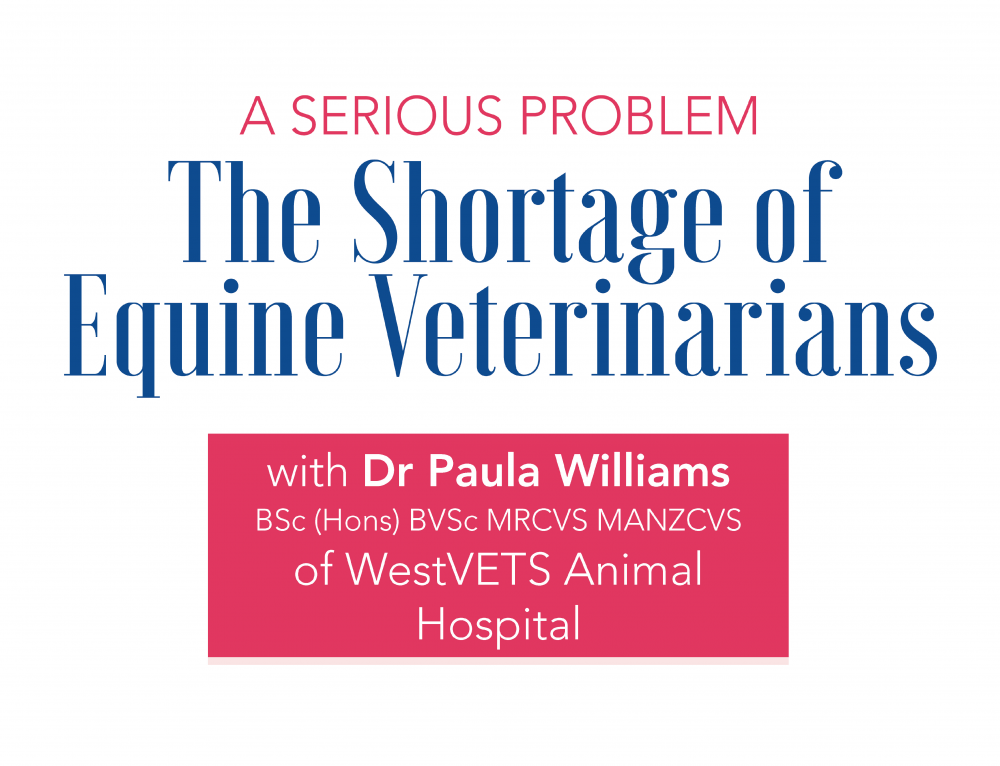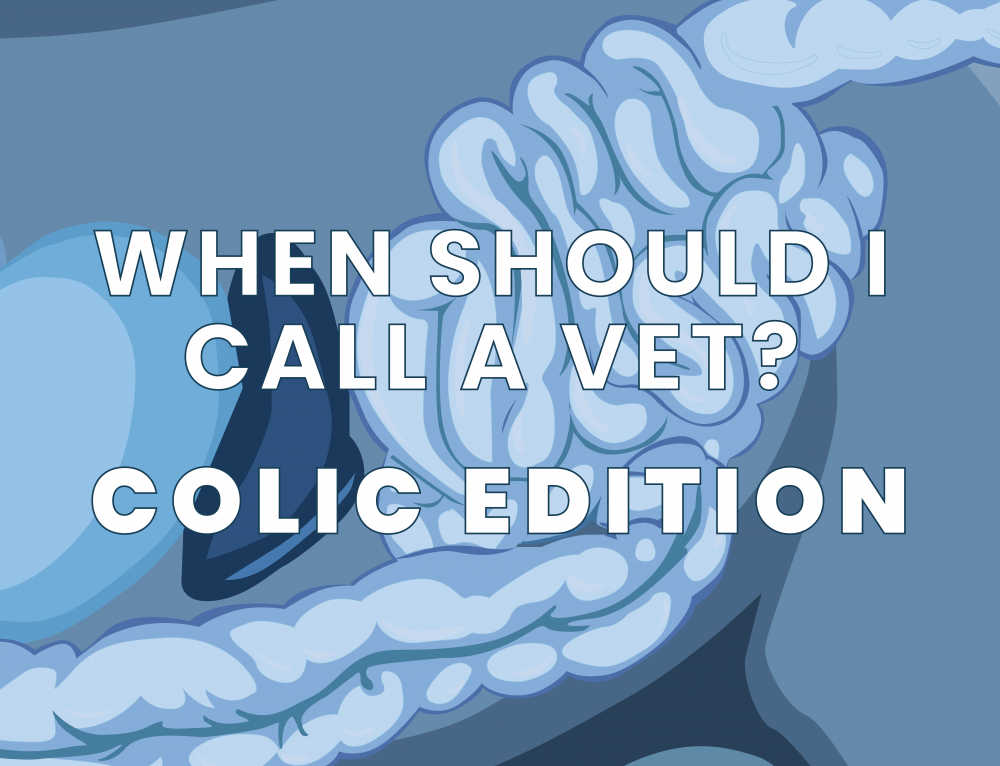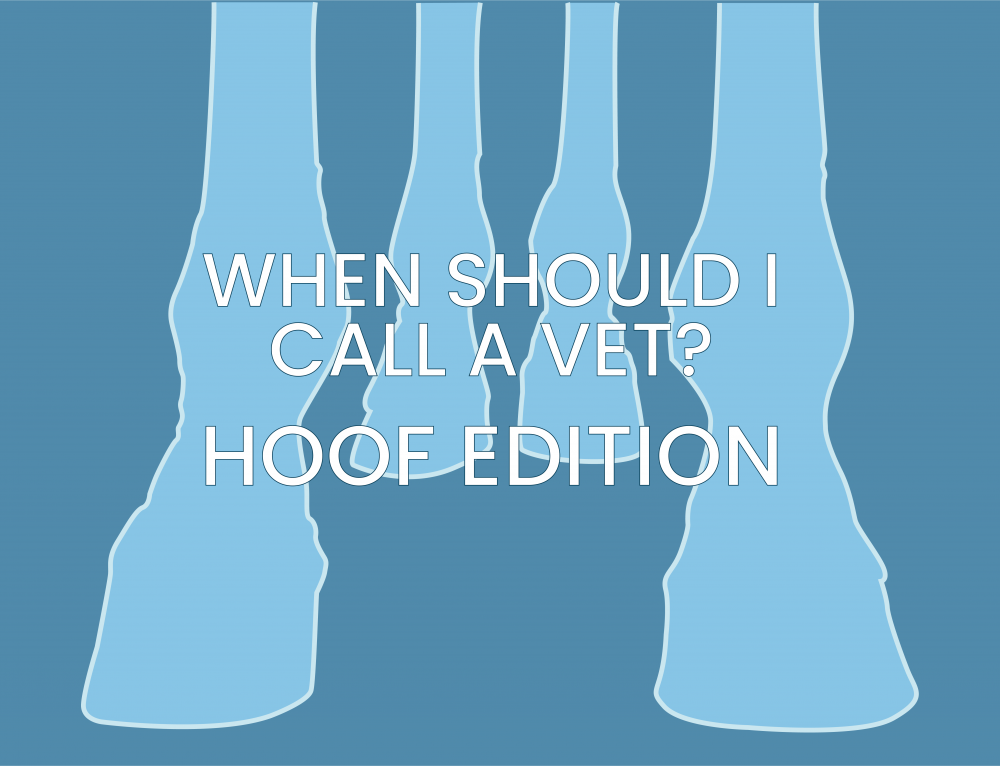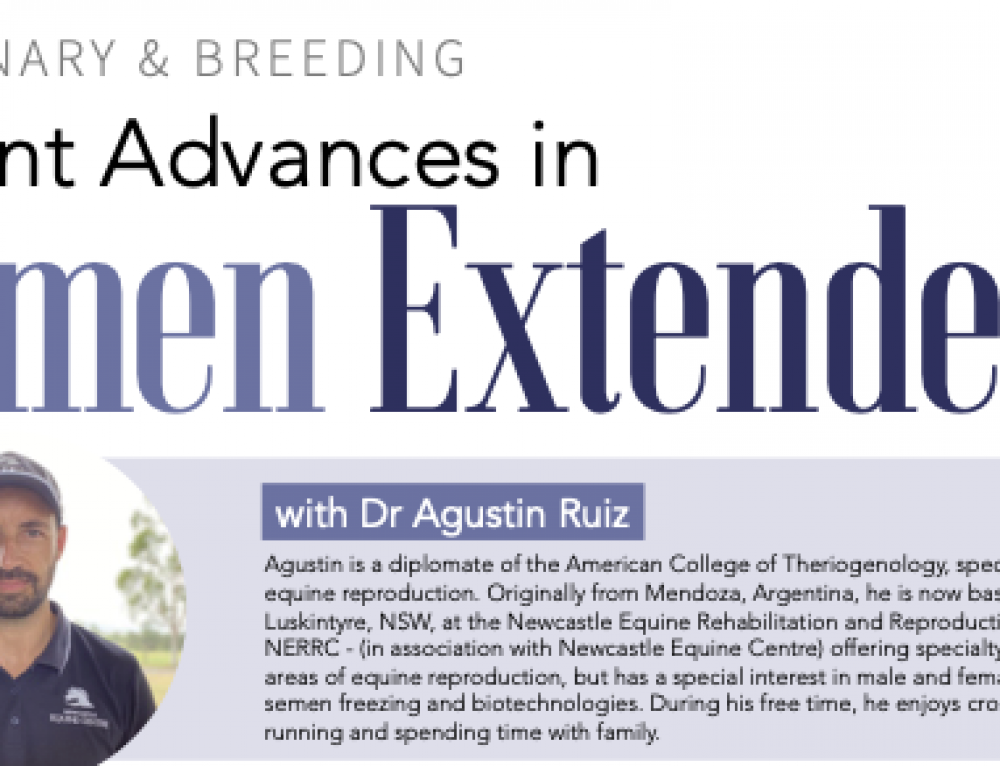One of our awesome vets, Dr. Cecilia Cortina di Favria is a certified Equine Acupuncturist (IVAS). To give you some additional treatment options for your horse, we will now be offering acupuncture services.
So what is Equine acupuncture?
Acupuncture involves the stimulation of precise occupants on the body and is part of one of the world’s oldest systems of medicine – Traditional Chinese Medicine. Equine Acupuncture has been in practice for a very long time. Legend has it that Equine Acupuncture was discovered in China when lame horse used in battle become sound after being hit by arrows at distinct points about 3000 years ago.

How does it work?
Acupuncture works by restoring the natural flow of energy, called Qi, throughout the body. According to Traditional Chinese Medicine theory, this energy travels along pathways, called meridians. There are hundreds of points along these pathways. Needles can be inserted, to correct the energy flow, and restore energy equilibrium, or homeostasis. Scientific research has explained the mechanisms of acupuncture: by blocking painful stimuli at the level of the spinal cord and influencing systematic and cerebral near-transmitters it stimulates the body’s own intrinsic healing.
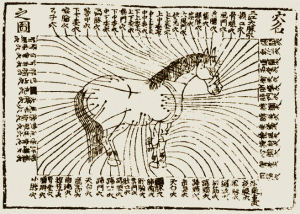
Why acupuncture?
Rather than focusing on a specific region or structure, the combination of acupuncture with traditional medicine provides an holistic approach to the treatment of the horse.
Acupuncture is a highly complex healing technique , which incorporates several interrelated techniques. Such as: needling (using a fine needle), acupuncture (fluid injection to provide continuous stimulation), electroacupuncture (uses low electrical current), moxibustion (uses heat generated by burning mugworth (Artemisia vulgarise), and laser.
When would the use of acupuncture be indicated? When not?
For several pathologies acupuncture can be the primary treatment, but works well in conjunction medical or surgical treatment. Acupuncture is used to treat a very wide variety of health promblems throughout all stages of equine life. Foe example, acupuncture is used during training programs to improve performance and reduce the risk of musulo-skeletal injuries. It can be used in any type of horse, from ponies to performance and race horses. It should not be used in the absence of a diagnosis done by a veterinarian. It is advised to avoid corticosteroid medication as they can reduce the effect of acupuncture and increase recovery time. In pregnancy there are restrictions on using some points.
What will happen during the examination?
As with any examination, a thorough physical exam and thorough history of patient is mandatory. Each patient’s treatment is tailored to its specific needs, depending on the nature of the injury and the condition of the individual horse. Primary acupuncture points are selected based on the areas of pain while secondary points are identified to influence the underlying cause of the problem. Generally, fine acupuncture needles are left in place for about 20 minutes. Patients are generally treated once or twice per week for up to six weeks. Once the condition has resolved, treatments are only needed occasionally. The majority of horses are very comfortable with their treatment and will completely relax.

What will happen after the treatment?
Clinical improvement with acupouncture is not always immediate, as it takes time to stimulate the body’s own healing mechanism. As a general rule, if the condition is acute it responds rapidly, if the condition is chronic, it may take several treatments before clinical improvement is apparent. Many long-standing or chronic conditions will require weekly treatments initially, however, an appropriate treatment plan will be tailored to your horse’s specific needs. Some horses may get a little worse for about a day before improving and others will need several treatments before any changes is noted.

What Can acupuncture treat?
Acupuncture can provide relief to:
– Musculoskeletal Pathologies: Lameness, tendonitis, back pain & muscle tears.
– Neurological Problems: Neuropathies & facial paralysis.
– Respiratory Issues: Coughs, nasal and pumonary bleeders & nasal discharge.
– Gastrointestinal Difficulties: Poor appetite, ulcers, colic, post operative ileus.
– Reproductive Problems: Anestrus, irregular oestrus, urine pooling, endometritis, infertility, maintenance of pregnancy, libido problems in stallion.
– Eye Issues: Recurrent uveitis & corneal ulcer


